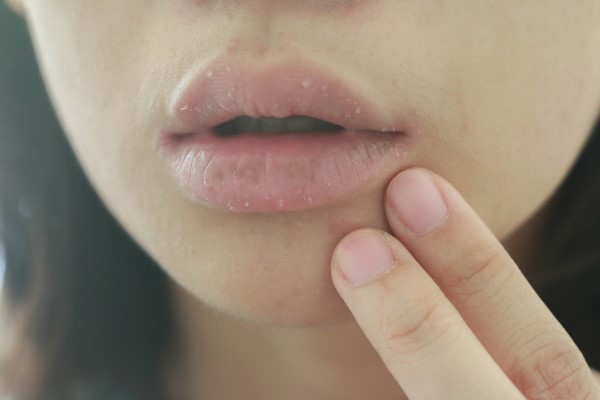Dental Practice Questions: What Is Dry Mouth?

Any dental practice is aware of the consequences of dry mouth. Xerostomia is characterized by a deficiency in the production of saliva. Saliva keeps the mouth wet and neutralizes the acids that bacteria produce. It flushes out food particles, controls the growth of bacteria, and aids in digestion. A decrease in saliva production can affect one’s overall health.
Diagnosis
An experienced dental practice must find the root cause of the patient’s dry mouth. The dentist will review the patient’s medical history, including supplements and medications. The patient also needs to go through an intensive examination of the mouth. If needed, imaging scans, cell sampling, saliva sampling, and blood tests may take place.
Symptoms
Because the mouth does not have enough saliva, the patient usually feels stickiness in the mouth. Patients may also feel hoarseness in the throat. The sense of taste also changes, accompanied by bad breath and a grooved tongue. The patient also has difficulty in swallowing, chewing, and speaking. The saliva left in the mouth is also stringy and thick.
Causes
This disorder affects the salivary glands. Medications, aging, chemotherapy, and ailments such as nerve damage can cause dry mouth. Good dental practice also warns against the recreational use of drugs and tobacco. These substances can trigger or worsen dry mouth symptoms.
Treatment
Many dentists have various means to treat dry mouth. Before the treatments start, they should figure out the main cause of xerostomia. Once the dental practice finds the cause of this condition, treatments will begin. Below are some of the common treatment approaches for dry mouth.
Mouth moisturizers
Dentists can prescribe over-the-counter or prescription mouth lubricants to keep the mouth moist. The dentist may also prescribe mouth rinses or artificial saliva. Certain types of mouthwash can be helpful. Those with xylitol seem to be effective. There are also brands of mouthwash that can help shield the mouth from tooth decay.
Medications
The dental practice may prescribe medications that can stimulate saliva production like Evoxac (cevimeline) and Salagen (pilocarpine). Dentists aim to treat oral infections and increase saliva flow. Dental professionals also control cavities and replace lost salivary secretions. They also insist on daily flossing and brushing. Keeping the mouth clean helps reduce the amount of bacterial proliferation. This then lowers the mouth’s acidity, protecting the mouth from cavities.
Alternative treatments
Patients can also use a humidifier and drink more water. These methods can hydrate the oral cavity and help manage the symptoms. The dentist can also suggest that patients breathe through their nose. Sucking on sugar-free candy and chewing sugar-free gum may also be a good solution. These will help keep moisture inside the mouth and even stimulate saliva production.
Dry mouth is a disorder that your dental practice can help manage and treat
Many people suffer from dry mouth and see their dental practice about it. This disorder can surface from taking certain medications, chemotherapy, nerve damage, and aging. It can also arise from using recreational drugs and tobacco. Maintaining your oral care routine is important in preventing cavities and infections. Increasing your water intake can also hydrate your mouth and buffer the acids that bacteria produce. With the guidance of your dental practice, the management of dry mouth is possible.
Are you considering a dental practice in the Benicia area? Get more information at https://beniciadentist.com.
Check out what others are saying about our dental services on Yelp: Dental Practice in Benicia, CA.
Recent Posts
If a patient has gum disease, it might be time for a visit to the dental practice. Knowing more about what to expect allows the patient to make the right decision. That way, the gum disease will not advance into worse concerns, such as an infection. Keep reading to learn more.Gum disease has several symptoms.…
As a general dentistry office in Benicia, we know that many people are online looking for tips on oral health, and often are trying to understand what is bothering them. For this reason, we offer up tips and information about general dentistry for patients. Our attention focuses on the healing side of dentistry, along with…
A general dentist can help you to get past any toothache. Toothaches tend to occur as the worst possible times and they are usually an indicator there is something wrong with that specific tooth.Toothaches are often the result of a tooth being damaged by decay or trauma. It can also be a symptom of an…
Learning how to prevent cavities from a general dentist is smart. General dentists understand everything there is to know about how to take care of your mouth and are a great source of dental information. Whether you think you already have a cavity or want to make a preventive appointment to avoid getting a cavity…


